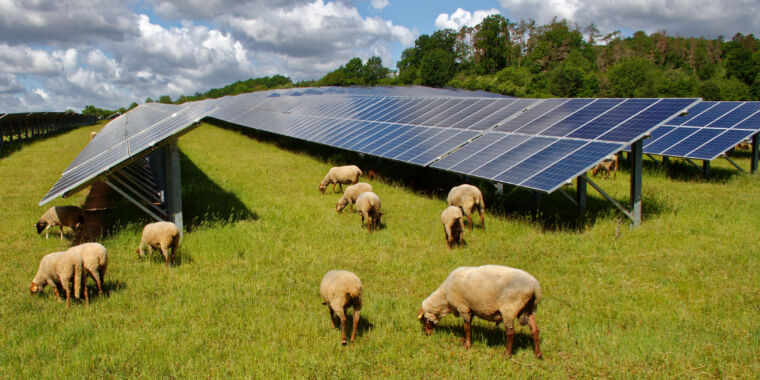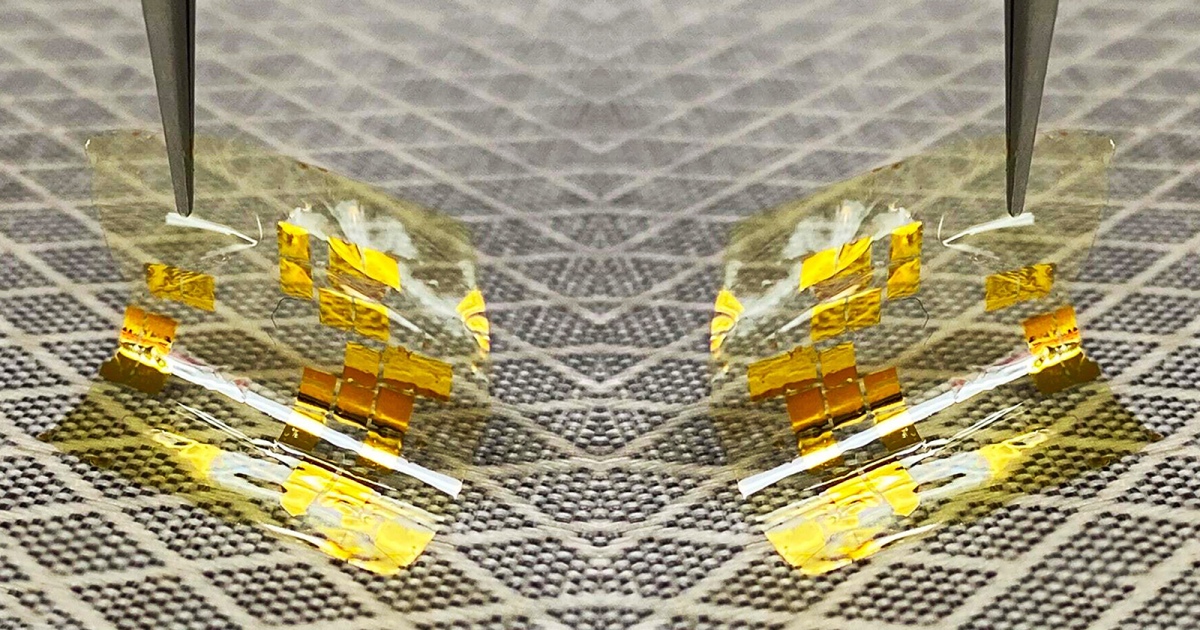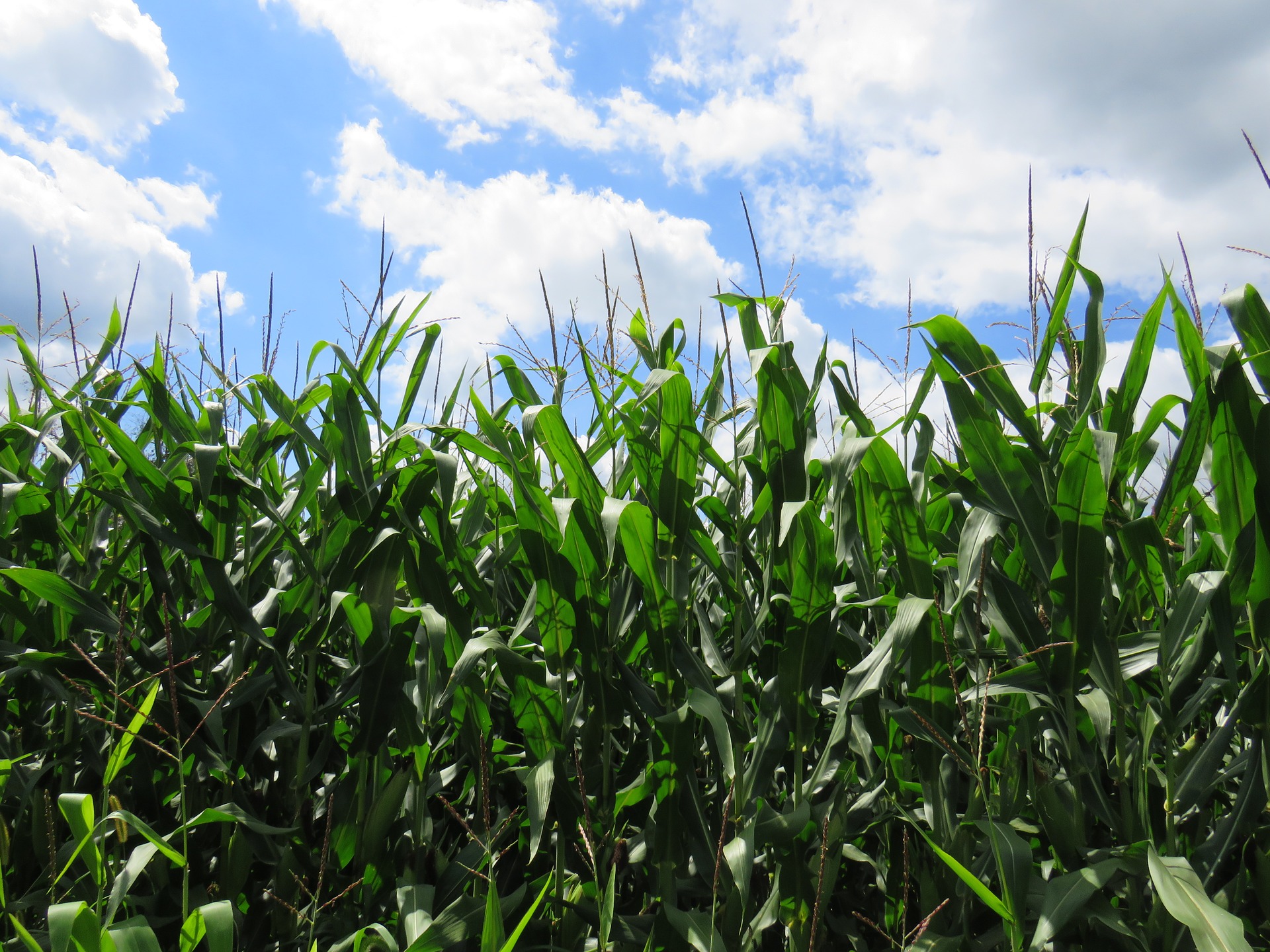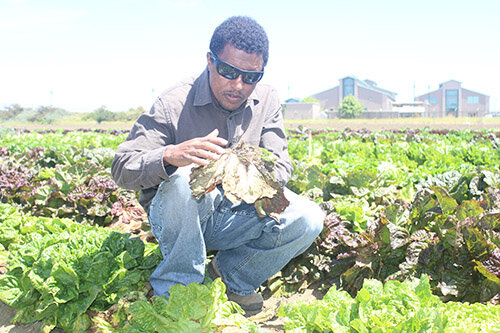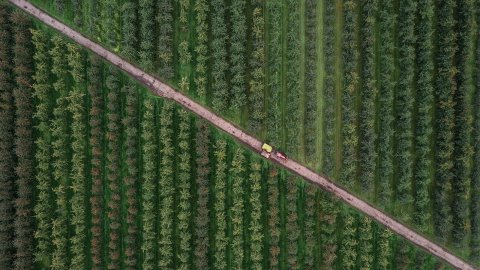Topics: Agriculture US, Education U.S. NorthEast, GMO's, Consumer/Retail, Food Safety,
Awareness, not mandatory GMO labels, shifts consumer preference
Six years ago, the state of Vermont passed what turned out to be a short-lived law mandating disclosure of genetically modified organisms, or GMOs, on all food products. That law's effect? A collective ...
-
(0)
-
Bookmark
- Comments (0)
 John LaRose Jr.
John LaRose Jr.
Topics: Agriculture US, Education U.S. NorthEast, Lamb/Sheep, Economics, Sustainability, USDA,
When it comes to solar farms, sheep are great groundskeepers
USDA funds project to build new group in support of solar grazing.
-
(0)
-
Bookmark
- Comments (0)
 John LaRose Jr.
John LaRose Jr.
Topics: Agriculture US, Education U.S. NorthEast, Agriculture Global, Sustainability, Renewable Energy (Solar/Wind),
These solar panels are thinner than a piece of paper
Stanford University researchers announced they had achieved record efficiencies in a promising class of new materials for solar cells — which can be thinner than a piece of paper.
-
(0)
-
Bookmark
- Comments (0)
 John LaRose Jr.
John LaRose Jr.
Topics: Rice, Soil Health, Education U.S. NorthEast, Agriculture Global, Water, Research, CRISPR/Gene Editing,
-
(0)
-
Bookmark
- Comments (0)
12/06/2021 SOURCE: www.lewistownnews.com
Ranchers, farmers, and small acreage owners across Montana and beyond are talking about soil, their successes, ongoing challenges, the latest and greatest technologies, and lessons learned.The Montana Association of Conservation Districts is hosting the second annual Soil Health Symposium Feb.9-10, 2022. This two-day event is centered around peer-to-peer conversations and experience-based presentations from many aspects of agriculture.
Montana Soil Health Symposium to discuss challenges, technology
-
(0)
-
Bookmark
- Comments. (0)
10/21/2021 SOURCE: vtx.vt.edu
Cultivated meat — animal cells grown in vitro to form anything from chicken tenders to salmon fillets — is pushing the boundaries of food production at a time when the agriculture industry is racing to keep up with growing demand. Researchers from Virginia Tech are part of a team awarded $10M from the USDA to usher in the era of lab-to-table protein to help to fill that gap.
Virginia Tech researchers among team awarded $10M from USDA to bring cultivated meat closer to dinner plates
-
(0)
-
Bookmark
- Comments. (0)
 John LaRose Jr.
John LaRose Jr.
Topics: Corn/Maize, Soil Health, Soybeans, Agriculture US, Crop Consultant, Education U.S. NorthEast, Agriculture Global, Ag Tech, Plant Breeding,
U.S. soybean, corn yields could be increased through use of machine learning | Penn State University
Research guided by a plant pathologist in the College of Agricultural Sciences suggests that machine-learning algorithms that are programmed to recognize changing weather patterns could show producers and agricultural managers how to increase soybean and corn yields in the United States.
-
(0)
-
Bookmark
- Comments (0)
 John LaRose Jr.
John LaRose Jr.
Topics: Agriculture US, Vegetables, Education U.S. NorthEast, Crop Diseases, Research, USDA,
-
(0)
-
Bookmark
- Comments (0)
 John LaRose Jr.
John LaRose Jr.
Topics: Organic, Education U.S. NorthEast, Agriculture Global, Education U.S. MidWest, Beekeeping, Sustainability, Pollinators,
Breaking News: Pollinators contribute to flowering plant diversity » Holden Forests & Gardens
Holden Forests & Gardens (HF&G) Scientist Na Wei, Ph.D., and her collaborators from the University of Pittsburgh and East Tennessee State University discovered how pollinators may contribute to the maintenance of flowering plant diversity. This study that accelerates our understanding of biodiversity conservation is now published in the journal Nature. “For years, scientists have been... Read more »
-
(0)
-
Bookmark
- Comments (0)
 John LaRose Jr.
John LaRose Jr.
Topics: Crop Consultant, Education U.S. NorthEast, Agriculture Global, Sustainability, Ag Innovation, Biotech, Regenerative Agriculture, Renewable Energy (Solar/Wind),
New platform speeds up effort to turn crops into fuel
Researchers led by José Avalos have developed a new platform for breaking down cellulose, the world's most abundant organic compound, and simultaneously fermenting it for use in biofuel production.
-
(0)
-
Bookmark
- Comments (0)



